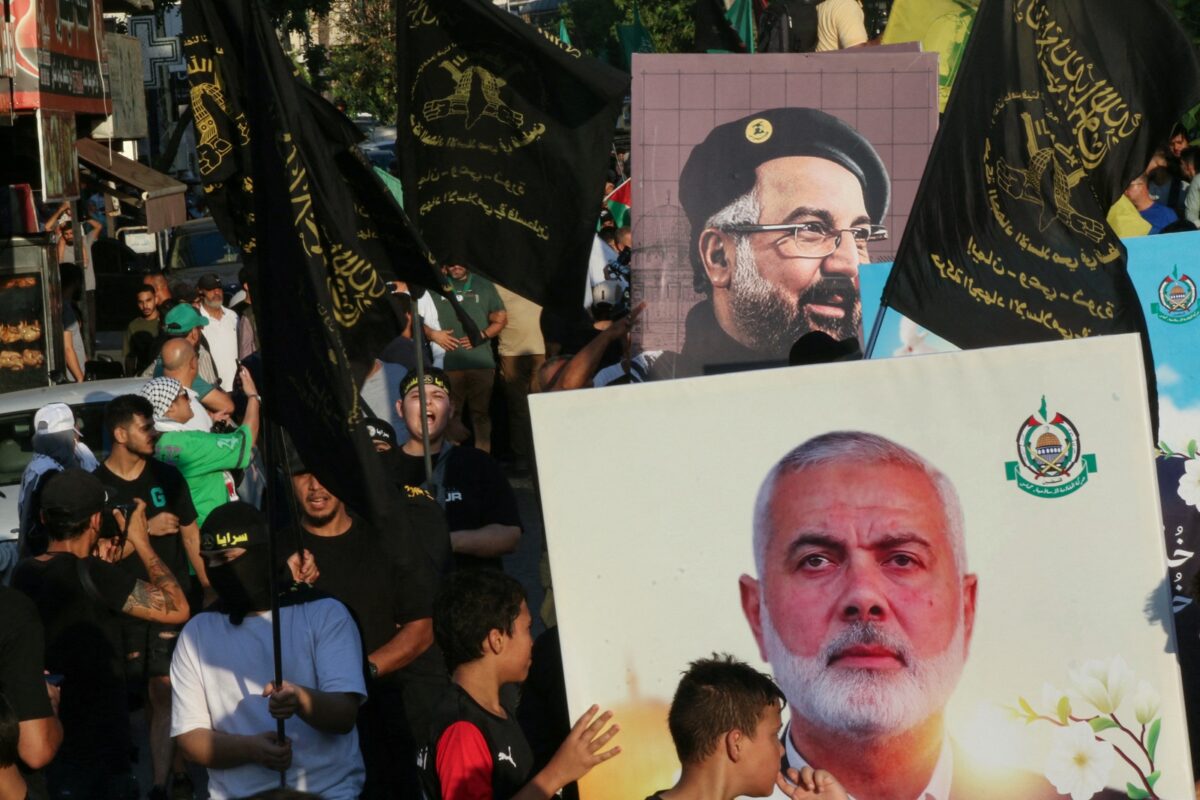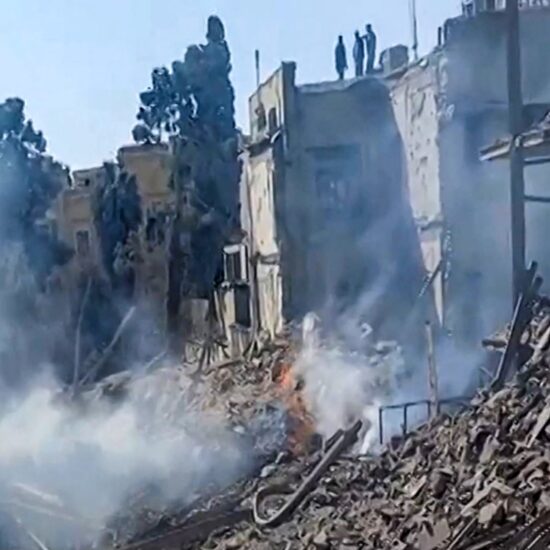
The political élite’s unwillingness to compromise, a broad awareness gap, the lack of agreement on a common national project, and Hezbollah’s divisive rhetoric: what are the obstacles preventing Lebanon from building a sustainable future
Lebanon finds itself, maybe more than ever today, at a critical juncture, where the path forward seems more elusive than ever. The political deadlock that has plagued the country for years is not merely the result of external pressures or economic woes; it is deeply rooted in the lack of awareness and unwillingness to compromise among the political élite. Today, more than ever, Lebanon needs a political class that is not only aware of the challenges at hand but is also ready to make the necessary sacrifices and engage in meaningful negotiations to build any form of sustainable future.
The Need for Internal Compromise
The absence of compromise within Lebanon’s political landscape is perhaps the greatest obstacle to national progress. This deficiency is a matter of political stubbornness on one hand and reflects a broader awareness gap that pervades the entire political class on the other. The challenges facing Lebanon today demand more than just recognition; they require a readiness to sacrifice personal and factional interests for the greater good. Yet, what we witness instead is a continuation of divisive rhetoric from all political factions, rhetoric that only deepens the fissures within Lebanese society.
Hezbollah’s Divisive Rhetoric
Hezbollah, one of the most powerful players in Lebanon’s political arena, exemplifies the divisive discourse that plagues the country. While the party publicly opposes federalism, its actions and rhetoric suggest otherwise. Hezbollah’s frequent accusations against its opponents – branding them as traitors or agents of foreign powers – reveal a fundamental contradiction. By labeling others as enemies of the state, Hezbollah is effectively declaring, “We do not want to coexist with you.” This rhetoric is not only counterproductive but also dangerously divisive, and it is imperative that Hezbollah recognizes the lack of future in such a discourse. The party cannot continue to monopolize decisions within Lebanon or expect to secure its position in any regional or international deal without the support of other Lebanese groups – support that Hezbollah currently lacks and will never achieve under its current approach.
On the other side of the political spectrum, the opposition’s insistence that dialogue with Hezbollah can only occur after it disarms is not only unrealistic and unachievable but also overlooks a significant opportunity to exert pressure. By uniting under the demand for negotiations to end Hezbollah’s monopolization, the opposition could leverage the powerful tool of delegitimization. Hezbollah, despite its power, still operates under a shadow of legitimacy that can be stripped away by pushing them to the negotiating table. This strategy would place immense pressure on Hezbollah, forcing it to confront the reality that its current approach is unsustainable without broader Lebanese support. Instead of prolonging the stalemate with unattainable demands, the opposition should focus on uniting to demand negotiations that if unmet, could peel away Hezbollah’s remaining veneer of legitimacy.
The Reality of Negotiation
The necessity of dialogue with Hezbollah is undeniable, but this dialogue cannot be based on idealistic fantasies. It must be approached from a position of strength and representation. However, the opposition faces a significant challenge in this regard. If they cannot unite under a common goal to engage with Hezbollah, why would Hezbollah feel compelled to negotiate? The reality is that Hezbollah, having been marginalized, oppressed, and armed for decades, has emerged as a formidable regional power. They will not engage in negotiations unless they perceive a genuine challenge to their current trajectory.
It is crucial to distinguish between idealism and reality in this context. In an ideal scenario, Hezbollah would willingly engage in dialogue, disarm, and seek peaceful coexistence with all factions. Similarly, the opposition would prefer that Hezbollah disarm first to ensure that negotiations are conducted on an equal footing. However, the reality is far more complex. Hezbollah’s rise to power has been fueled by decades of marginalization and conflict, and they are unlikely to surrender their position without a compelling reason.
The Responsibility of Political Parties
Lebanon’s political parties bear a significant responsibility in this regard. The vision I have outlined cannot be realized without a consensus among these parties. They must agree on a shared vision for the future of Lebanon, whatever that future may be. Unfortunately, such consensus seems far from reach. The lack of agreement on a common national project is a testament to the deep divisions that continue to plague the country.
Lebanon as always, stands at a crossroads, where the choices made by its political leaders will determine the country’s future for generations to come. To move forward, there must be an internal compromise – one that recognizes the divisive nature of current rhetoric and works towards a unified, shared vision for Lebanon. This is not a call for idealism but a plea for realism. The time for grandstanding and divisive rhetoric is over. The time for compromise and dialogue is now.
Ramzi Abou Ismail is a political psychologist and researcher at the University of Kent.
The views in this story reflect those of the author alone and do not necessarily reflect the beliefs of NOW.








